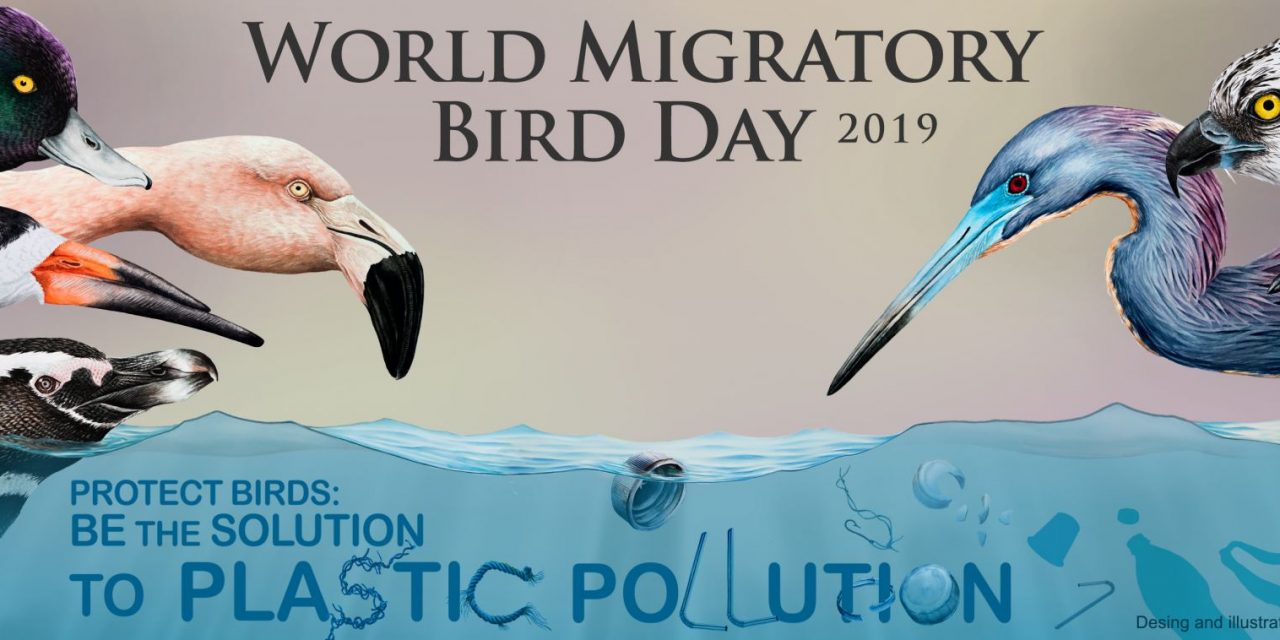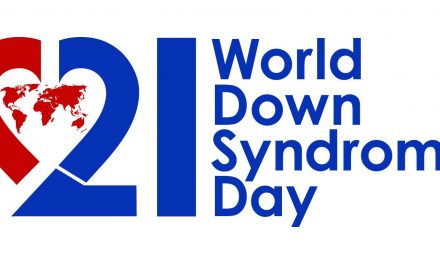Bird migration is the seasonal movement of birds, including our own Scarlet Ibis, over hundreds of thousands of kilometres to find the best ecological conditions for breeding and survival. The Caribbean is an important stopover for over 150 migratory species, many of which can be found in Trinidad and Tobago.
World Migratory Bird Day raises awareness globally about the conservation of migratory birds and their habitats. This year’s theme ‘Protect Birds: Be the Solution to Plastic Pollution’ is a clarion call to manage human use and disposal of plastic and reduce its adverse impact on the wellbeing of migratory and sea birds.
Every year, over eight million tonnes of plastic enter our oceans and waterbodies, endangering all marine life. Over 1 million seabirds die annually from the effects of plastic which is particularly detrimental to birds. Birds regularly mistake plastic for food such as jellyfish and can become entrapped in its waste. Birds also use plastic to line their nests, which poses the risk of entanglement and injury to their young.
Plastic can take up to one thousand years to decompose fully. Unrestricted and unchecked, its effects will place further strain on already volatile ecosystems. Trinidad and Tobago is renowned for its biological diversity and is home to over 400 species of birds. To preserve our bountiful wildlife, we must take a proactive approach to environmentalism and conservation. Each citizen must take personal responsibility for his or her use, handling and disposal of plastic waste.
On World Migratory Bird Day, take the plastics pledge, limit your consumption of single-use plastic and make use of existing recycling programmes and facilities. Every child and adult must be involved in the effort to reduce plastic pollution. Cultivating and inculcating a culture of ecological awareness and accountability is paramount if we are to safeguard our environment and our future.







